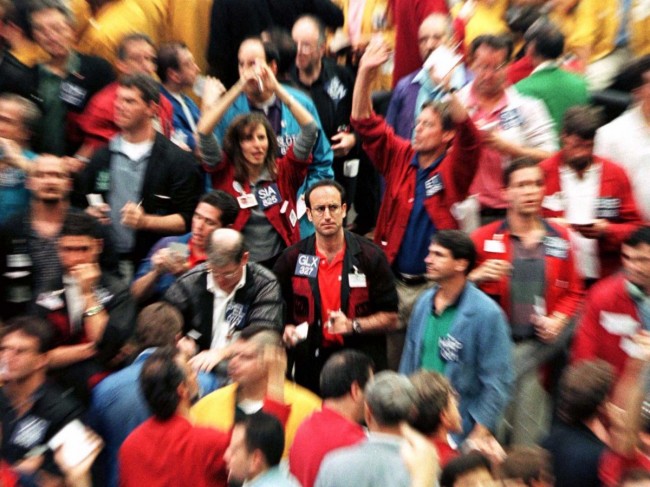Washington, April 22 (IANS & Staff) US authorities have sought extradition from Britain of an Indian origin trader accused of contributing to the “flash crash” of 2010 that briefly wiped out nearly $1 trillion in stock market value.
Navinder Singh Sarao, 36, from West London, appeared in a Westminster Magistrates’ Court on Wednesday and said he would oppose extradition to the US, NBC News reported from London
US officials have charged Sarao with wire fraud, commodities fraud and manipulation, and one count of “spoofing” — when a trader places a bid or offer with the intent of cancelling it before execution.
American authorities had requested Sarao’s extradition to stand trial in America following his arrest in London on Tuesday.
But Sarao told the British court on Wednesday that he did not consent to being extradited to the US and that he would apply for bail, the NBC report said.
District Judge Quentin Purdy said a full extradition hearing will be held in August.
Charges against Sarao were filed in a federal complaint in Illinois in February, but were unsealed on Tuesday following his arrest.
According to allegations in the criminal complaint, Mr. Sarao allegedly used an automated trading programme to manipulate the market for E-Mini S&P 500 futures contracts on the CME.
From April 2010 to present, he and his firm have profited over $40 million in total from the E-mini S&P trading.
Mr. Sarao’s alleged manipulation contributed to a major drop in the U.S. stock market on May 6, 2010, that came to be known as the “Flash Crash”. On that date, the Dow Jones Industrial Average fell by approximately 600 points in a five-minute span, following a drop in the price of E-Minis.
According to the complaint, Mr. Sarao allegedly employed a “dynamic layering” scheme to affect the price of E-Minis.
By allegedly placing multiple, simultaneous, large-volume sell orders at different price points — a technique known as layering — Mr. Sarao created the appearance of substantial supply in the market.
As part of the scheme, he allegedly modified these orders frequently so that they remained close to the market price, and typically cancelled the orders without executing them. When prices fell as a result of this activity, Mr. Sarao allegedly sold futures contracts only to buy them back at a lower price.



